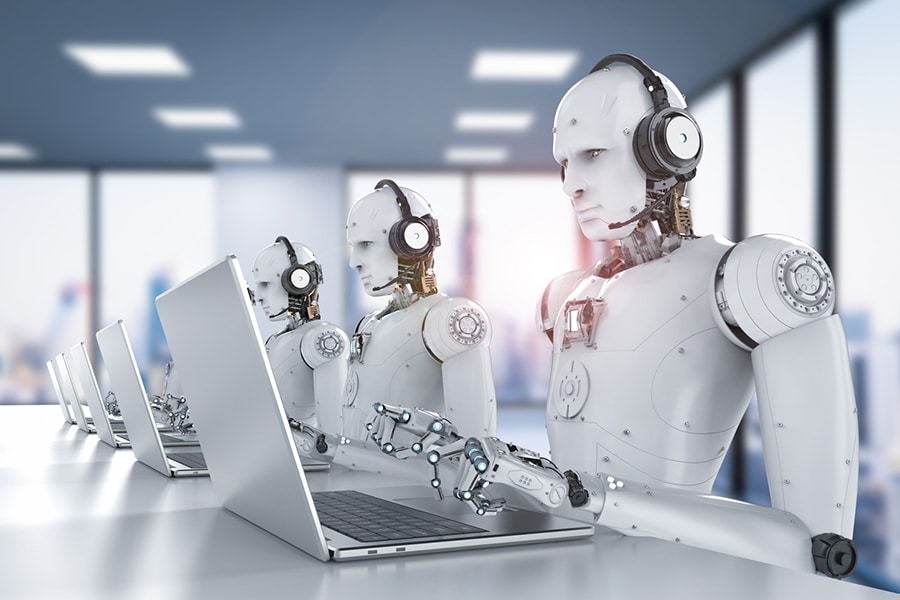
When I first stumbled into the world of payroll 8 years ago, I can remember finding legacy payroll reports in the system called ‘coin analysis’ and I couldn’t figure out what they were used for.
When I first stumbled into the world of payroll 8 years ago, I can remember finding legacy payroll reports in the system called ‘coin analysis’ and I couldn’t figure out what they were used for. It wasn’t until a more experienced colleague of mine pointed out that there was a time before electronic payments when clients would demand to know exactly what coins they needed in order pay their employees.
Of course, this made sense once explained, but in that moment it dawned on me how far payroll processes, and the world in general, had developed. In the space of just one generation, my colleague and I were effectively from two different worlds.
The future of payroll
There’s an old analogy in payroll where the progress of the profession has been compared to the evolution of cars. Back in the 1980’s the average person could lift the bonnet of their car and more or less work out what goes where and have a go at fixing it for themselves. The same was true of payroll.
Nowadays though, flip the bonnet of the latest BMW and the average person will be overwhelmed with the intricacies of what they find. Of course, the same is true of payroll and a lot of people want to outsource the care of their cars and their payroll to the professionals.
AI driving technology
We are currently at a significant turning point in terms of the evolution of artificial intelligence and how these technologies can be harnessed to completely transform the way the world works.
In 2011, Google launched their concept for a self-driving car with many people thinking it was some kind of publicity stunt. Fast forward 6 years and Latvia approved legislation to allow self-driving cars on its road and Uber began operating with driverless cars in some American cities. If cars can drive themselves, then why not payroll processes?
Dataplan recognises how the power of artificial intelligence is going to radically change the way we perceive how things are done within payroll. We are ready for that change and not only are we keen to adopt, we want to be at the forefront of it and help shape the culture within the industry.
Meet EDNA
In 2017 we created our first artificial employee called EDNA:
https://www.dataplanpayroll.co.uk/payrollblog/dataplan/edna
EDNA works seamlessly with HMRC to automatically download and apply tax code changes and EDNA creates all of our payment files ready to be sent to BACS for us.
Fast forward 15 years from now and I hope to be regaling the next generation of payroll professionals with stories of how we all used to actually drive ourselves to work and we all used to have to physically run reports for our clients. I can’t wait to see the look of shock on their faces.
